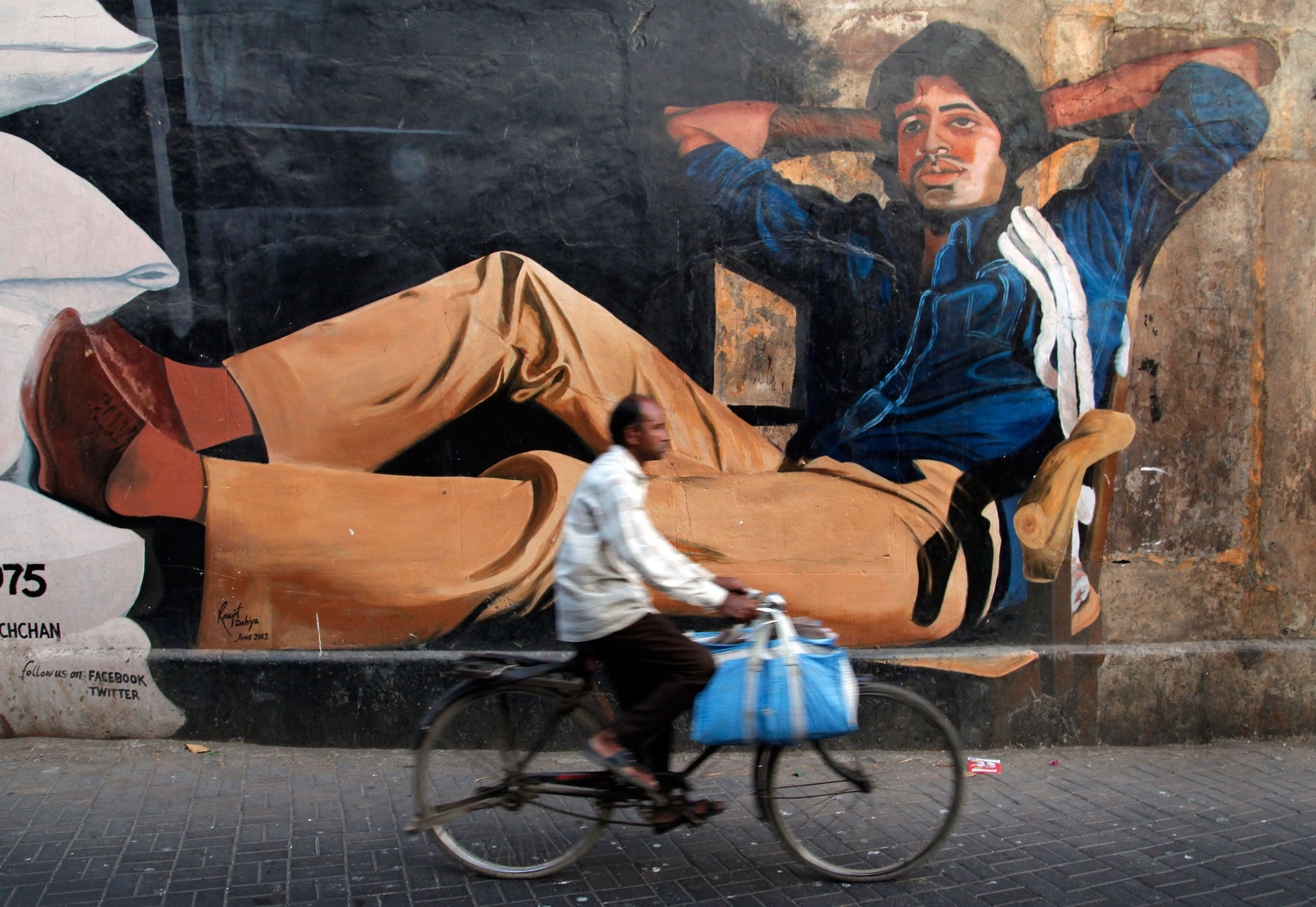Granta 130: India edited by Ian Jack, book review: Is India due a golden age of reportage?

In 1997, when Granta published its anthology India! The Golden Jubilee, the world was at a very different place. The Satanic Verses had "happened" just under a decade ago; Arundhati Roy won the Booker prize a few months after her contribution to Granta; the work of VS Naipaul, Vikram Seth and Anita Desai had helped to formulate a new genre of subcontinental writing in the English language that had proved to be so critically successful in the West. And there they all were, contributing to Granta.
It might have been the heyday for Indian fiction, but heydays don't last forever. That is at least what this latest instalment from the subcontinent suggests, which has re-enlisted Ian Jack, then editor of Granta, in hope to rekindle the same magic.
Poverty and the wealth divide are recurring themes; so is family, and being an outsider, both at home and abroad. Mangoes, though not quite exploding, make an appearance too in a picaresque story called "Sticky Fingers" by the late Arun Kolatkar.
All this is to be expected. Some tackle their themes with more finesse and originality. Hari Kunzru opens the collection with "Drone" which uses SF bells and whistles to tell the old story of haves and have-nots in his futuristic India.
He sets the tone for much of the fiction: interesting writing that lacks urgency or surprise, though there are some notable exceptions; Neel Mukherjee's extract, "The Wrong Square", from a forthcoming novel, sees an Indian-born father who long ago emigrated to America, bringing his son back for a visit to take in all the iconic sights ("he was now a tourist in his own country"). The story thrillingly turns into something beyond one about identity and cultural alienation, and echoes the Indian tradition of supernatural storytelling of ghosts and curses. Upamanyu Chatterjee's "Othello Sucks" offers a vibrant family portrait as well as an incendiary discussion on the Shakespeare play ("Pompous and dull and dim-witted, because he is black"), and Vivek Shanbhag's "Ghachar Ghochar" is beguiling for the passion within an arranged marriage, which may not surprise as many Indians as it will an international audience.
But it is the non-fiction that really stands out. "Love Jihad" by Aman Sethi explains the rise of Islamophobia though one man's obsession with protecting Hindu women in Uttar Pradesh because he believes the (reported) BJP electioneering, claim that "Islamic terrorists are using the sacred land of Hindustan... and Hindustan's daughters to breed children who are sent to madrasas, trained in Pakistan and turned into more terrorists who want to destroy India". Samanth Subramanian's "Breach Candy", on the in-fighting and chicanery of an exclusive, formerly "whites only" swimming club committe in Mumbai that stills holds to its Raj snobberies, mixes journalistic methods with the most sparkling writing, and captures the larger political and legal uses and abuse of power in this microcosm. Sam Miller studies Gandhi's early years in "Gandhi The Londoner" to draw a picture of a dandy desperate to be an English gentleman, and suggests his vegetarianism was inspired by local radical groups.
Perhaps all this, together with the calibre of other non-fiction coming out of India, suggests that the golden age of reportage and essay writing from India is upon us.
Subscribe to Independent Premium to bookmark this article
Want to bookmark your favourite articles and stories to read or reference later? Start your Independent Premium subscription today.

Join our commenting forum
Join thought-provoking conversations, follow other Independent readers and see their replies